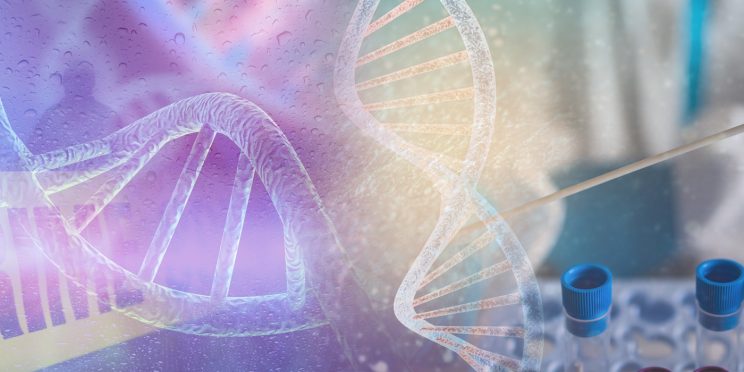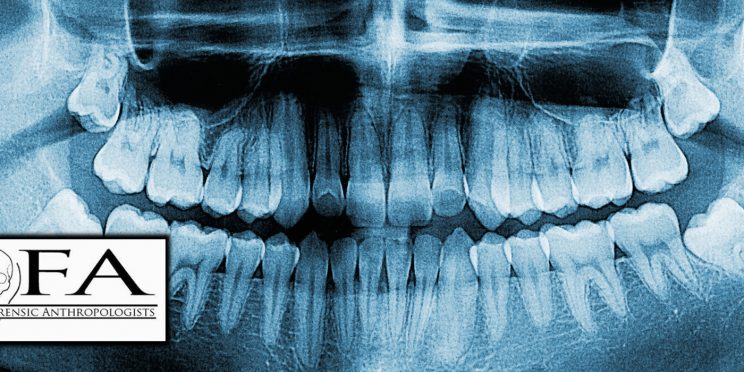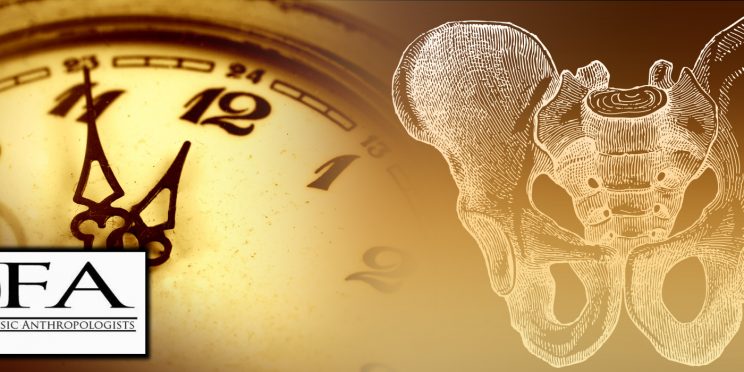← Back to Just Science Podcast
Original Release Date: October 1, 2018
In episode one of our 2018 Medicolegal Death Investigation Special Release Season, Just Science interviews Kelly Keyes, the supervising deputy coroner of Orange County, California to give an overview about the coroners and medical examiners professions and to identify key topics for discussion in the fields today.
Listen along as Dr. John Morgan, and our guest co-host Dr. Jeri Ropero-Miller, talk around staffing issues, available resources for identifying missing and unidentified remains, and the vicarious trauma experienced within the community.
This episode of Just Science is funded by the National Institute of Justice’s Forensic Technology Center of Excellence [Award 2016-MU-BX-K110].
Guest Biography
Kelly Keyes has worked at the Orange County Sheriff’s Department, Coroner Division in Santa Ana, CA for over 21 years, most of that time as a Coroner’s Investigator and Supervising Coroner’s Investigator. Orange County is one of the largest counties in the country with over 20,000 deaths a year and the office serves as the California Coroners Training Center. With a Bachelor’s degree in Biology/Animal Physiology from UC San Diego, Deputy Coroner Keyes has been involved in over 15,000 investigations during her tenure, but still never ceases to be amazed at the new things she sees and learns. Kelly is a Registered Diplomat of the American Board of Medicolegal Death Investigators (ABMDI). She is also on the Executive Committee and Board of Directors of the International Association of Coroners & Medical Examiners (IAC&ME), as well as the Executive Secretary of the Medicolegal Death Investigation (MDI) sub-committee of the Organization of Scientific Area Committees (OSAC) that is working to develop standards in the medicolegal death investigation community.
The opinions, findings, and conclusions or recommendations expressed in this podcast episode are those of the presenter(s) and do not necessarily reflect those of the U.S. Department of Justice.
Contact us at ForensicCOE@rti.org with any questions and subscribe to our newsletter for notifications.




